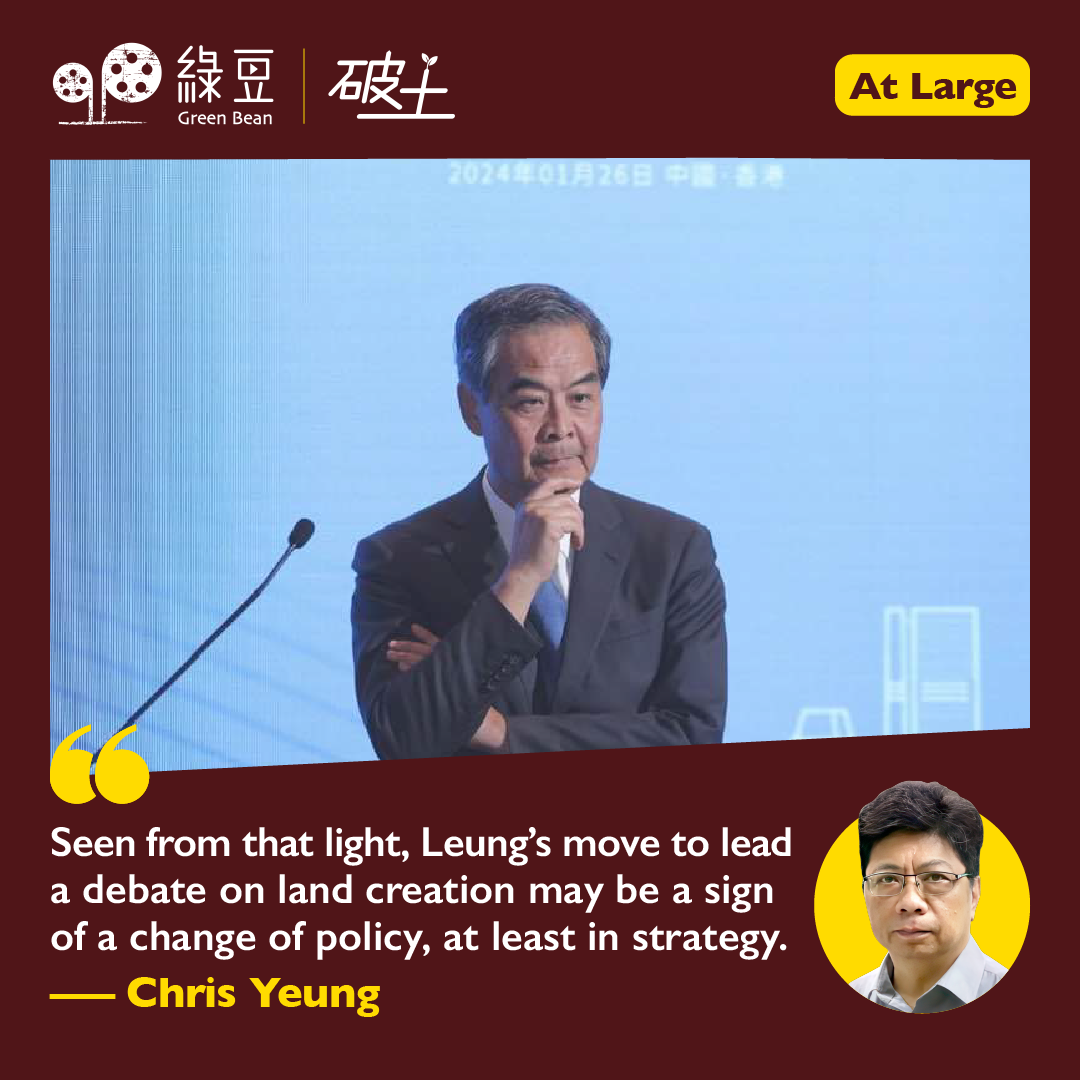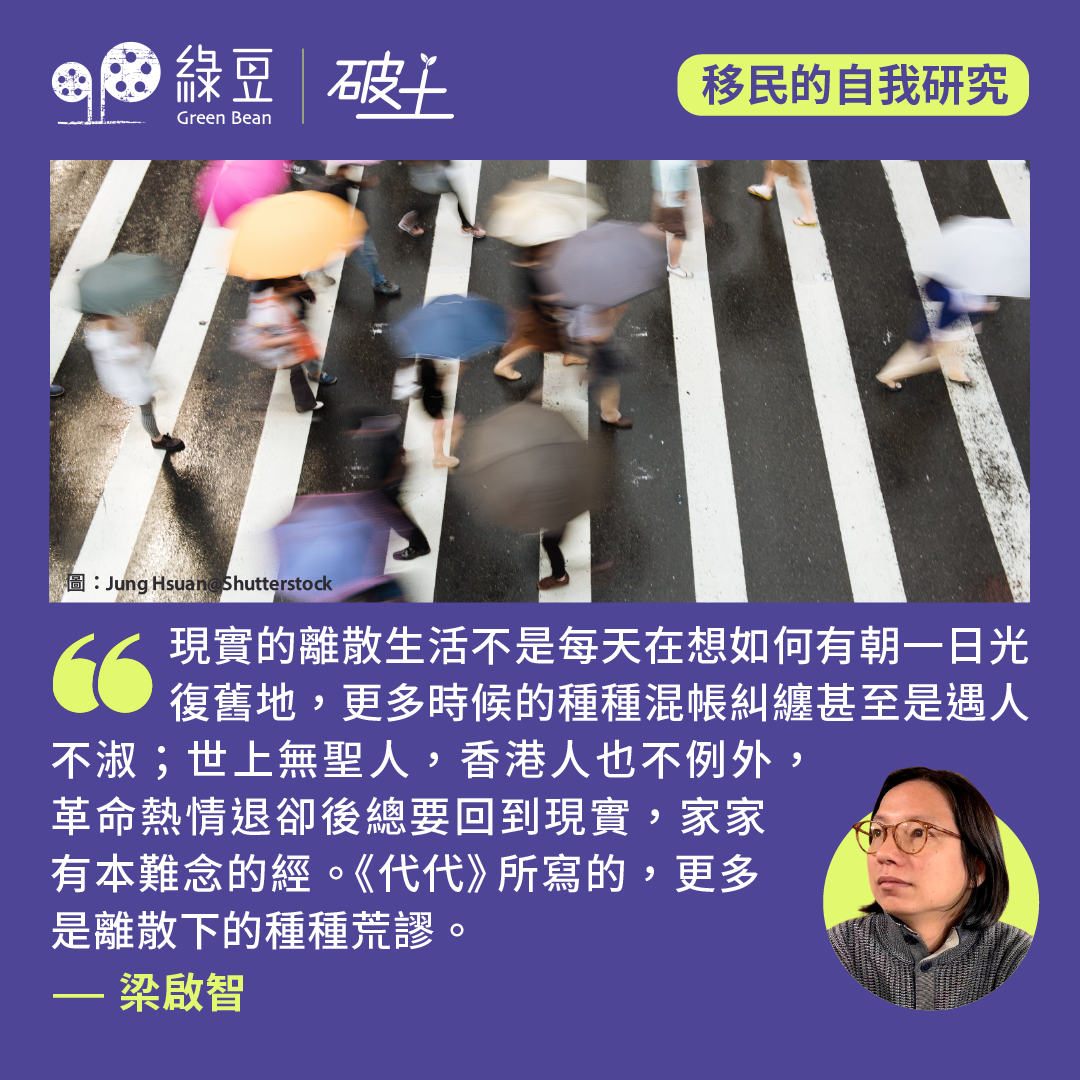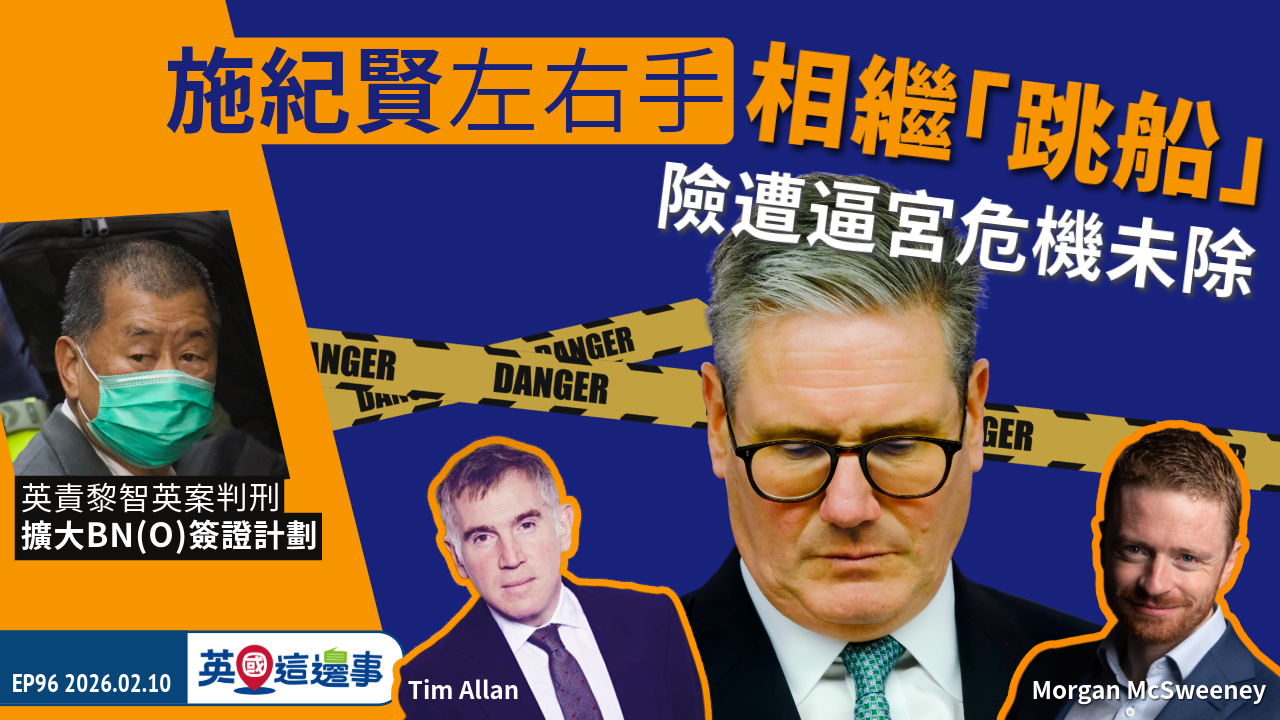Leung, Lee locked in land creation debate

Against the backdrop of waning dissenting voices, a string of veiled criticism against the John Lee team’s land creation strategy by former chief executive Leung Chun-ying has caused more than a stir in some quarters of the city. It has sparked speculation about the endgame of Leung, if any, in his attempt to lead a debate on land creation.
In a social media post entitled “Beware of oversupply” published on October 24, Leung has warned of an “overkill” in land creation. A sharp increase in land supply without accurately estimating the demand in coming years, he warned, might result in negative assets and fiscal challenges for the Government.
Reclamation of Kau Yi Chau
Leung, who stood down in 2017 and is now a vice-chairman of the Chinese People’s Political Consultative Conference, the nation’s top united front body, questioned whether Hong Kong had “that much (land) demand.”
He did not name any land creation projects, but it was widely understood that he was referring to the building of three artificial islands through reclamation in waters off Kau Yi Chau, which is located at the southeastern side of Lantau Island, the city’s largest outlying island.
The massive reclamation project is aimed to provide 1,000 hectares of land connecting Lantau and the western part of Hong Kong Island. It envisages the building of the city’s third central business district and residential homes. An initial estimate made by the previous administration led by Carrie Lam has put the total cost at HK$580 billion. The Lee government gave no latest estimate.
Faced with a weak economy and worsened deficits, the Government has slowed down the preparatory work of the reclamation project.
Difficult to tighten the belts
Without naming Leung in his response on the issue on Tuesday (Oct 29), Lee dismissed his concerns, insisting the Government must create and reserve land . “For the housing market to develop in a healthy manner, the Government must seize control of land supply. Otherwise, those with vested interests will be in the driving seat.”
Lee did not elaborate on the “vested interests” , but it is understood that he was referring to property developers.
One day later on Wednesday, Leung wrote again on Facebook, questioning the wisdom of creating more reclamation sites without an assessment on costs.
On Friday, he said in another post it would be difficult to tighten the belts after leading a life of luxury. “Following years of deficits, do we have to raise tax as the UK does?”
Bigger flats, lower density, less financial burden, more subsidised housing, Leung said, “Are all ideals.” He said ideals ought to be pursued realistically “because we need to have money (for turning the ideals into reality).”
By the end of September, Hong Kong’s total fiscal reserves were down to HK$508.6 billion from its peak of HK1.1 trillion at the end of 2019.
Major source of social discontent
Though stopped short of specifying what should be done in land creation, Leung’s repeated questioning about the Government’s ability to finance housing seems to be suggesting a total rethink of its land and housing policy.
But judging from the prompt, dismissive response from Lee and the financial chief, the Government has shown no signs of making a major policy review, not to mention a change of specific measures.
Perhaps one reason is that Lee has been given a crystal clear order from the Beijing leadership for him to tackle the city’s chronic housing problems, in particular the notorious subdivided when he took power.
In his speech given on July 1, 2022, President Xi Jinping has urged the Government to “dismantle the barriers of vested interests” in order to unlock the enormous creativity and development potential of Hong Kong society. He has also called for decent housing for the populace, in particular the young people.
Rightly or wrongly, the dominance of major property developers in housing and various aspects of daily living has been blamed as a major source of social discontent, which was seen as an underlying cause of the 2014 and 2019 political unrests.
May be sign of change of policy
With property prices already down by a double-digit figure in the past 12 months and developers’ appetite for land lacking, the subsequent direct and indirect impacts on government revenue have begun to surface – and grow serious.
In mainland China, the central authorities have rolled out stimulus measures and lifted restrictions on purchasing flats in a desperate bid to halt the real estate market from decline and to boost the economy in recent months.
Leung’s call for a reality check in the Government’s land and housing strategy has come in the midst of a return of pragmatism in Beijing when it comes to housing matters. Seen from that light, his move to lead a debate on land creation may be a sign of a change of policy, at least in strategy.
( Pic : Leung Chun-ying’s facebook )
▌[At Large] About the Author
Chris Yeung is a veteran journalist, a founder and chief writer of the now-disbanded CitizenNews; he now runs a daily news commentary channel on Youtube. He had formerly worked with the South China Morning Post and the Hong Kong Economic Journal.





